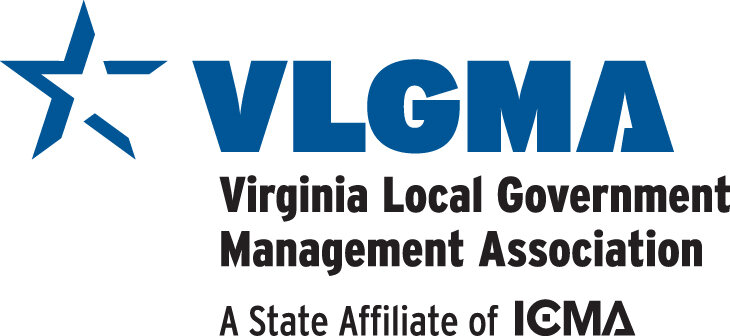Tim’s Thoughts May 2023
As leaders, many of us naturally think about our leadership role with ourselves out front and center. It may stem from the responsibility we assume for our organizations, our staff, and the best use of our limited resources. While that view is not wrong, it is also not accurate. As leaders, we know that we can’t do it alone. Sharing leadership with a trusted partner or with individuals around you not only help to cultivate an environment where everyone feels empowered to create successful results but also builds resiliency and inclusion into an organization.
Recently, I coordinated a leadership retreat for Augusta County which included attendees from government departments, schools, social services, and libraries. Not only was the department head invited but also a “go-to” staff member or two attended. The venue was a semi-rustic barn space, donated by a local flower farm, a perfect environment in which to relax and get to know one another better. The facilitators were two leadership consultants in their professional lives and also partners in the folk / blues acoustic duo, Scuffletown. John Whitlow and Marc Carraway use music as a way to access the ideas of co-leadership and understand elements to a power partnership. I had first been introduced to Scuffletown at the Senior Executive Institute (SEI) alumni session this past year. As a side note, if you have not attended SEI or LEAD I would highly encourage you to look into attending. I can guarantee that you and your staff will not be disappointed and you will walk away with one of the best leadership experiences you can have. Scuffletown did an excellent job sharing what characteristics make up a power partnership by analyzing music and performance. Their session pulled you in through energetic music, crowd participation, and lively discussion about leadership, relationships, and creating partnerships that result in successful outcomes.
Some of the most important characteristics of co-leadership expressed by John and Marc were:
Values alignment: you are both committed to and clear about the goals (this could be short-term successes, such as projects and initiatives, and long-term, as in mission, vision, values).
Ego subordination: you are willing to step aside in order to achieve the best possible outcome and there is mutual respect and recognition given.
Complementary social power: there are four social power sources that both leaders can draw upon:
Interpersonal: relationship building and personal interaction
Informational: business knowledge and environmental acumen
Associative: social connections and networking
Expertise: technical competency, areas of expertise
Are your social powers complementary and how can you be intentional about growing each co-leaders’ areas of challenge?
Situational roles and rules: Exchanging power easily and fluidly does not come without work. It takes being open and honest about disagreements and full commitment to the decision once it is made. It takes mindfulness to consistently share information and knowledge openly. It takes clear communication about roles and responsibilities, not only with each other, but with those around you who might find co-leadership to be confusing.
Ultimately, like so many things in life, creating a strong power partnership boils down to building trust. Trust doesn’t happen overnight. It takes work to understand yourself and your own motivations, it takes openness and respect to understand those of your co-leader, and it takes time for you both to dissolve any feelings of insecurity or anxiety. But the benefits of having a trusted partner in leadership far outweigh the challenges in getting there. Achieving better solutions and making stronger decisions benefit the organization as well as the citizens. It can also provide leaders with support while sharing the responsibilities and reducing personal stress. Having a partner (or partners) in leadership will make the journey for everyone more fulfilling.
I would like to welcome new members,
Jennifer Crews, Assistant County Administrator, County of Cumberland
Chad Monday, Town Manager, Town of St. Paul
Angela O’Brien, Assistant City Manager, City of Roanoke
